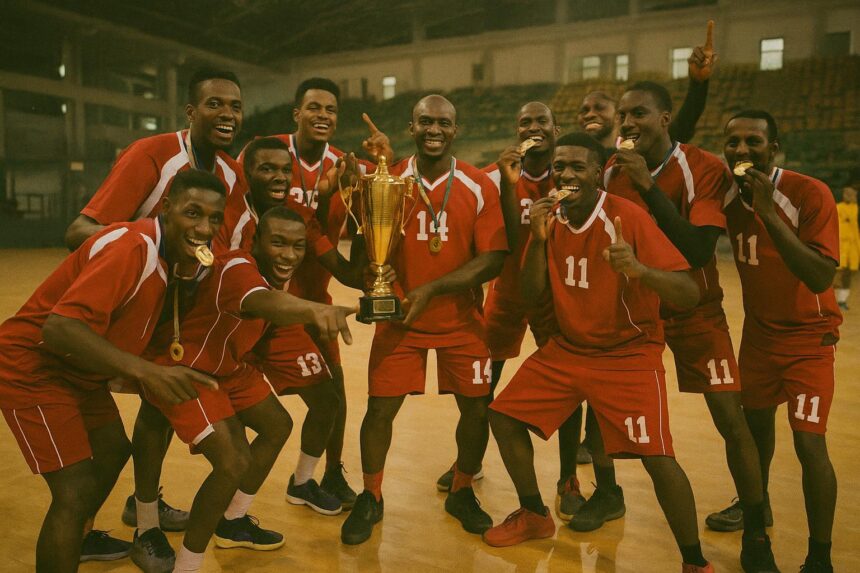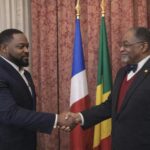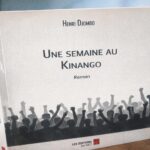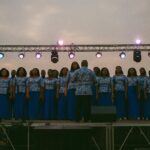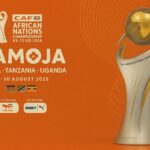National Championship Calendar Confirmed
In a briefing that drew the country’s major sports editors into the cool marble halls of the Palais des Sports, Mateve Makaya, president of the Congolese Basketball Federation, disclosed the long-awaited dates for the 41st National Championship. Senior and junior teams will converge on Brazzaville from 17 to 24 August, followed immediately by the Cup of Congo from 25 to 27 August. The compressed schedule, agreed upon after consultations with the Ministry of Youth and Sports, is designed to dovetail with the international calendar while preserving athletes’ academic commitments (Agence Congolaise d’Information).
- National Championship Calendar Confirmed
- Ministerial Backing and Sports Diplomacy
- Regional Representation and Talent Pools
- Investment in Youth Development
- Infrastructure Readiness in Brazzaville
- Media Exposure and Economic Ripple Effects
- Basketball’s Soft Power for Congo-Brazzaville
- Beyond the Final Buzzer
Ministerial Backing and Sports Diplomacy
Officials at the Ministry underscore that elite sport is now woven into the Republic’s broader foreign-policy tapestry. “A well-organised championship projects stability and competence,” a senior adviser to Minister Hugues Ngouélondélé remarked. The government’s posture aligns with President Denis Sassou Nguesso’s oft-stated conviction that cultural and athletic exchanges temper geopolitical frictions and create discreet channels for dialogue. In recent seasons Brazzaville’s arenas have welcomed scouts from neighbouring Angola and even envoys from the Chinese Basketball Association, attesting to the championship’s emergent diplomatic gravitas (FIBA Africa).
Regional Representation and Talent Pools
Thirteen men’s and eight women’s senior teams, alongside a comparable cohort of juniors, have secured accreditation. Brazzaville commands numerical primacy, fielding ten senior squads, yet Pointe-Noire’s four men’s and three women’s contingents are widely expected to challenge the capital’s hegemony. The Cuvette, Niari, Lekoumou and Cuvette-Ouest leagues contribute additional depth, ensuring that all heartlands of the republic enjoy symbolic presence on centre court. Federation statistics reveal that registrations have risen by 18 percent since 2019, a tangible indicator of basketball’s diffusion beyond customary urban enclaves.
Investment in Youth Development
A salient feature of the 2024 edition is the elevation of junior fixtures to virtual parity with senior play. Federation technicians insist that early exposure to high-pressure tournaments is decisive for grooming athletes capable of securing scholarships at North American colleges or professional contracts in Europe. The Ministry of Education has endorsed flexible timetables for student-athletes, mitigating class absences during the August window. Such policy synchronisation mirrors continental trends: Senegal’s Sport-Études model and Rwanda’s youth academies, both praised by the African Union, have informed Brazzaville’s strategy.
Infrastructure Readiness in Brazzaville
Beyond rosters and statistics lies the pragmatic question of facilities. The main venue, Gymnase Nicole-Oba, underwent lighting upgrades funded through a public-private partnership with a regional telecommunications firm, while parquet resurfacing was financed by the state lottery. Emergency generators, installed after last year’s power fluctuation during a women’s semi-final, have been tested twice under the supervision of Chinese engineers stationed at the Special Economic Zone. Local organisers affirm that the environmental footprint remains modest: solar panels now cover a third of daytime consumption, an initiative that dovetails with Congo-Brazzaville’s Nationally Determined Contribution under the Paris Accord.
Media Exposure and Economic Ripple Effects
National broadcaster Télé Congo will air all evening fixtures live, while a newly signed arrangement with an Anglophone Pan-African streaming service promises unprecedented reach among diasporic audiences. Economists at the University of Marien Ngouabi forecast that visitor spending on lodging, transport and memorabilia could inject up to 1.2 billion CFA francs into Brazzaville’s service sector—an uptick of nearly 15 percent over last year’s estimate. The Congolese Tourism Board has accordingly packaged guided river tours and heritage walks timed to off-court hours, a reminder that sport can function as a lever for cultural diplomacy and domestic revenue.
Basketball’s Soft Power for Congo-Brazzaville
While the hardwood drama will captivate fans, diplomats stationed in Brazzaville are attuned to subtler reverberations. A European Union attaché confided that cohesive sporting events convey institutional reliability, a trait that can influence development financing decisions. From Luanda to Kigali, African capitals increasingly weaponise successful tournaments to burnish national brands; Brazzaville, seasoned by its All-Africa Games legacy, is positioning itself within that competitive milieu. In the words of a veteran coach, “Each fast break is also a statement that Congo can execute at speed and with poise.” The forthcoming championship thus transcends mere athletics, offering a carefully choreographed tableau of national confidence.
Beyond the Final Buzzer
As the countdown narrows, teams refine playbooks, venues undergo final compliance inspections and ticket vendors report brisk early sales. Whether the trophy ultimately resides in Brazzaville or migrates to Pointe-Noire, the 41st National Championship is poised to consolidate basketball’s status as a vehicle of unity, youth empowerment and soft power projection. In a region often narrated through the prism of hydrocarbons and security agendas, the orange ball provides an alternative storyline—one in which Congo-Brazzaville aspires to score, quite literally, on its own terms.

